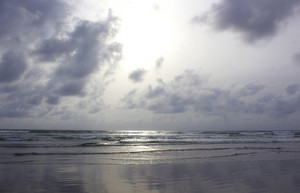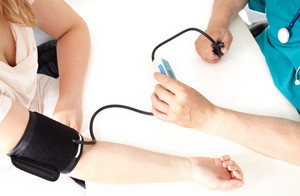Natural Disasters
A natural disaster is any event that occurs without human intervention, such as an earthquake, volcanic eruption, tornado or hurricane. The damage caused by these events can be devastating and can cause great loss of life, property and infrastructure. In this article we will look at what causes natural disasters and how you can protect yourself and your family in the event of one occurring.
Natural Disasters are often caused by a combination of factors:
* Volcanoes
* Earthquakes
* Tides
* Seismic Activity
* Lightning
* Flooding
* Tornado
Volcanoes
The most common volcano is Mt. St. Helens, which erupted in 1980. The eruption killed 57 people and destroyed over 500 homes and buildings. However, the damage from the eruption was limited to the immediate area. Other volcanoes that have been known to cause significant damage include:
* Mount Pinatubo, Philippines – This eruption occurred in 1991 and killed more than 600 people and left about 10,000 homeless.
* Mount Galunggung, Indonesia – This eruption killed more than 2,500 people and left about 50,000 homeless.
* Krakatoa, Indonesia – This volcano erupted in 1883 and killed more than 36,000 people and left about 200,000 homeless.
Earthquakes
Earthquakes can occur in many places around the world, including:
* California
* Japan
* China
* Mexico
* Alaska
* Indonesia
* Chile
* Italy
* Pakistan
Tides
Tides occur when the gravitational pull of the moon and sun causes water to rise and fall. Tides are measured in millimeters (mm) and can be as high as 30 meters (m) or more. The highest tide in the world is the Bay of Fundy, where the tides reach 40 m. Tides are caused by a combination of lunar and solar forces.
Seismic Activity
Seismic activity refers to seismic waves that travel through the earth’s crust. These waves can be caused by earthquakes, volcanic eruptions, landslides, meteorite impacts, underwater explosions, and other types of seismic activity. Seismic activity can cause ground vibrations and shaking that can lead to building damage and collapse.
Lightning
Lightning is caused by electric discharges between clouds and the ground. The lightning flash is visible as a bright streak of light that travels down from the clouds to the ground. The lightning flash can be accompanied by thunder, which is the loud sound that results when the lightning strikes the ground.

Flooding
Flooding is caused by heavy rainfall that causes rivers and streams to overflow their banks. Flooding can cause significant damage to roads, bridges, buildings and homes. In addition, flooding can also affect agriculture, transportation and communication systems.
Tornadoes
Tornadoes are rotating columns of air that form in the atmosphere due to differences in temperature and pressure. Tornadoes usually form in areas where warm air meets cold air. Tornadoes can be seen as dark, funnel-shaped clouds with rotating winds that are visible for several miles. A tornado can reach speeds up to 300 km/h and can be as long as 100 km.
Hurricanes
Hurricanes are powerful storms that originate in the tropics. They are characterized by strong winds and large amounts of rain. Hurricanes can cause severe damage to homes, buildings and infrastructure. Hurricanes can also cause storm surges, which are powerful waves that can flood coastal regions.
What You Can Do to Protect Yourself
To protect yourself from natural disasters, it is important to know the warning signs and prepare your home before a disaster strikes. It is also important to have an emergency plan in place. Here are some things you can do to prepare your home for a natural disaster:
* Keep an emergency kit in your home. Include a flashlight, batteries, water, canned food, nonperishable food, first aid kit, extra blankets, and any other items that you may need during a disaster.
* Check your home for potential hazards. Look for cracked foundations, broken windows, loose electrical wiring, exposed pipes, and other possible problems.
* If you live near a body of water, check the area for flooding hazards. If you live near a river, lake, ocean, or other body of water, check for potential storm surge hazards.
* Keep your home clean and clear of debris.
* Make sure that your home is properly maintained and well insulated.
* Be aware of the weather and listen to local radio stations for weather alerts and warnings.
* Have a meeting with your family and discuss a disaster plan.
* Purchase and maintain a good quality home insurance policy.
* Be aware that flooding and storm surge hazards can occur even in the absence of a hurricane.
* When purchasing a new home, choose a location that is not prone to flooding.
* If you own a business, make sure that your business is properly insured against natural disasters.




